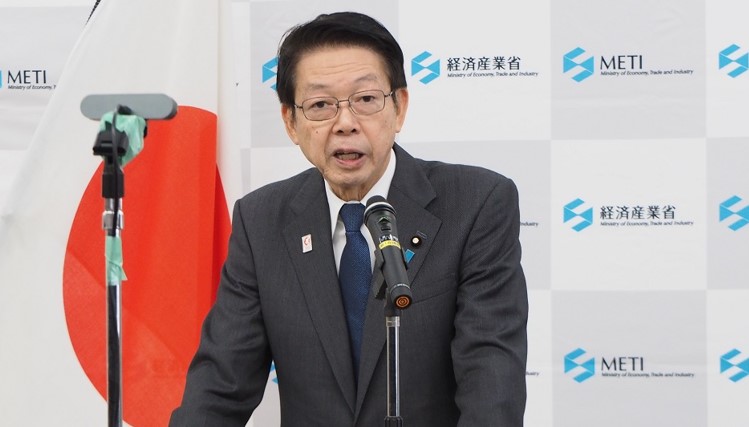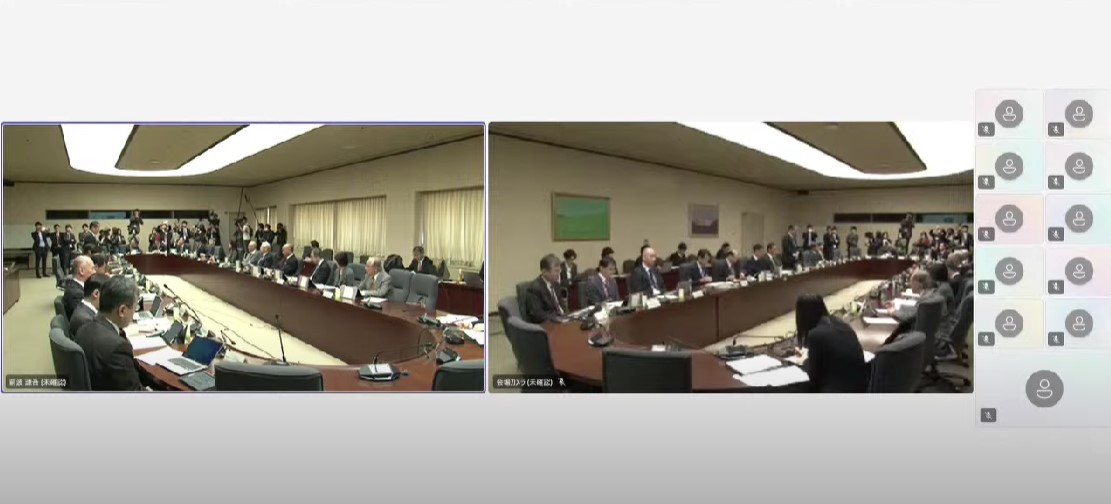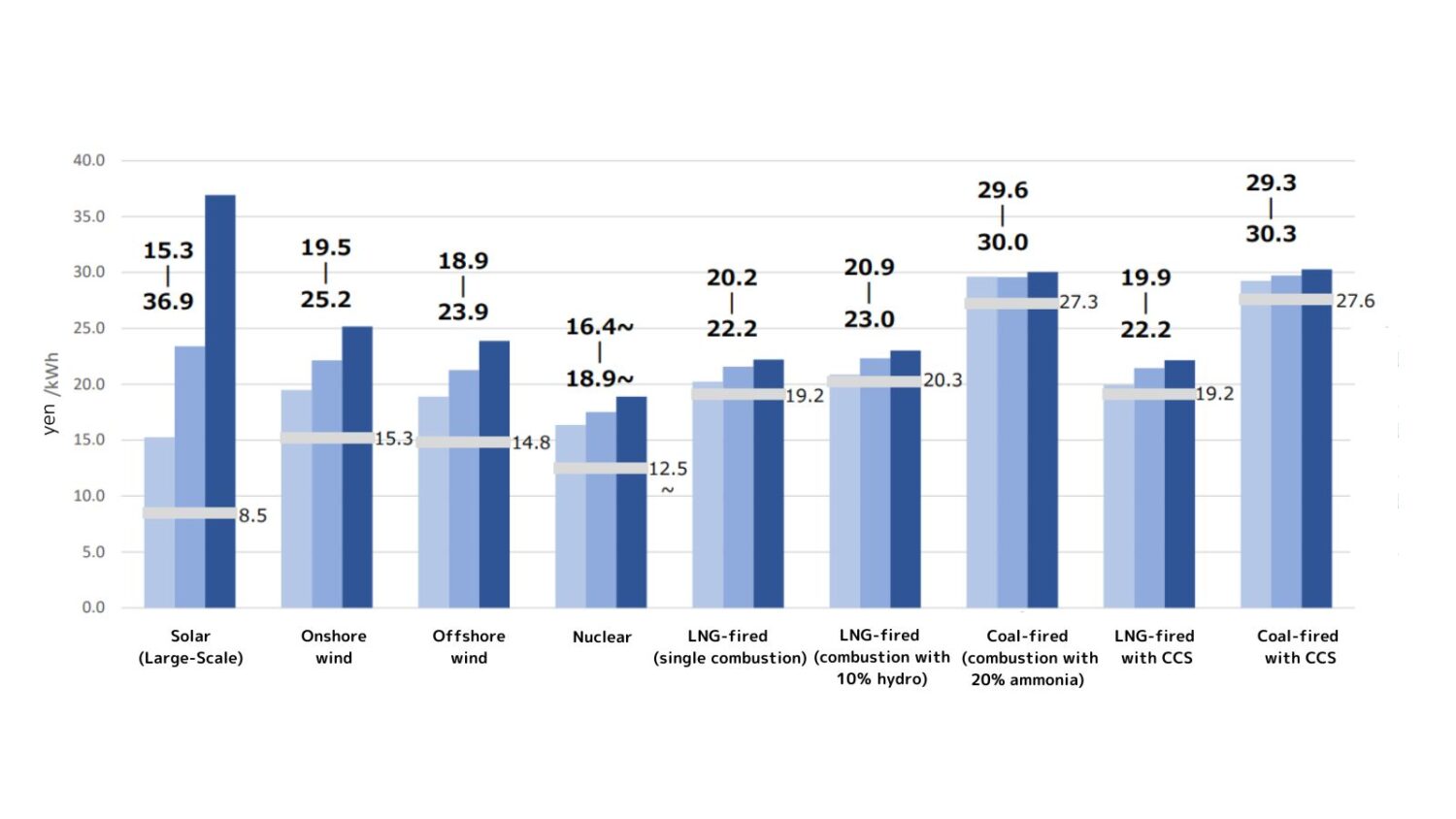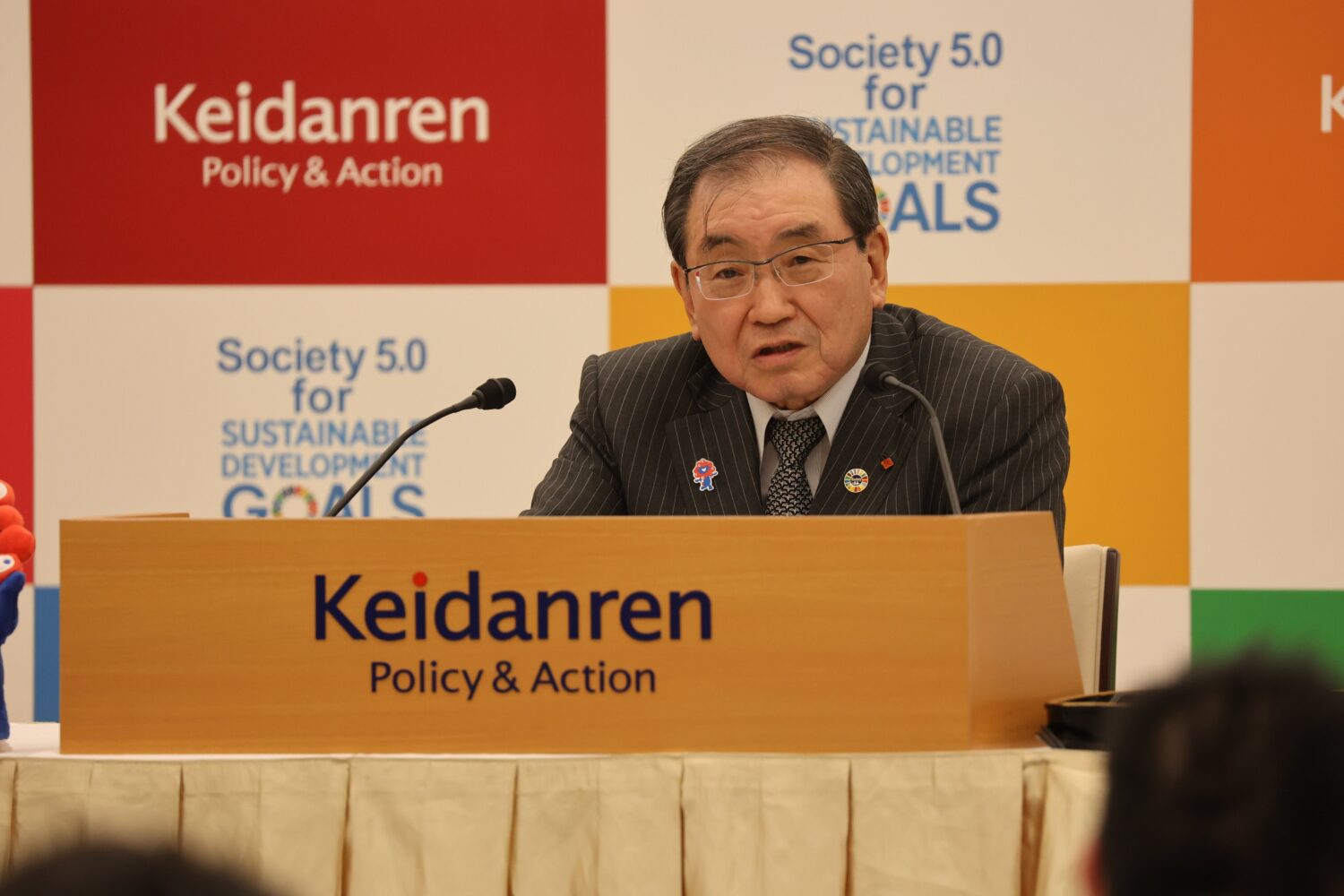Reflecting regulatory standards newly revised after the accident at Fukushima Daiichi Nuclear Power Station in March 2011, the costs for new nuclear safety measures adopted by the country have also been incorporated in the calculation.
METI’s figures include capital costs, fuel costs, operation and maintenance costs, as well additional costs related to safety measures and responses to the risk of accidents.
Even with all that, the predicted minimum cost of nuclear power of JPY10.1 per kWh is still lower than that of other power sources, including thermal, wind and solar power. For purposes of comparison, the per-kWh estimates for non-nuclear energy sources are as follows:
- JPY12.9 for coal-fired power
- JPY13.4 for LNG-fired power
- JPY28.9 to JPY41.6 for oil-fired power
- JPY12.5 to JPY16.4 for solar power
- JPY13.9 to JPY21.9 for onshore wind power
- JPY19.2 for geothermal power
- JPY11.0 for conventional hydropower
METI thus maintains its position that nuclear power is superior to the rest in terms of cost.
Taking those factors into consideration, the ministry presented a governmental draft on April 28 of its recommended energy mix for 2030 by power source. According to that, nuclear power was set at a level of 20 to 22%, with renewable energies slightly higher at 22 to 24%.
METI premised its calculations of the cost of generating nuclear power using a capacity factor of 70% and a reactor lifetime of 40 years. As for the nuclear fuel cycle, it said that half of the spent fuel would be reprocessed after 20 years in storage and the remaining half after 45 years.
While the cost of additional safety measures was pegged at JPY0.2 per kWh in METI’s 2011 preliminary cost estimates, it tripled to JPY0.6 per kWh in the most recent calculations. That figure was the result of consultations with the country’s power companies, which were then reflected in model plant calculations. According to those, METI estimated a required outlay of JPY60.1 billion (USD505 million) for each of the 24 nuclear power plants for which the country’s power companies are applying to the Nuclear Regulation Authority (NRA) for approval for conformance to new regulatory standards.


-1.png)

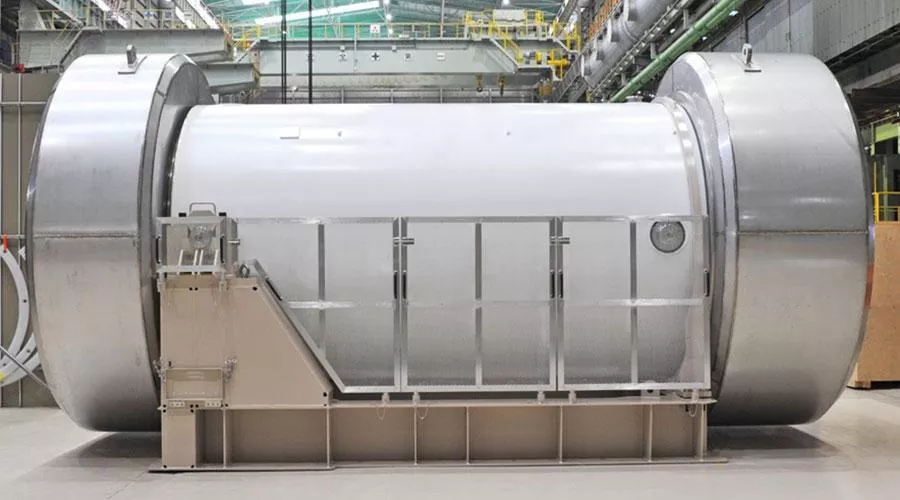
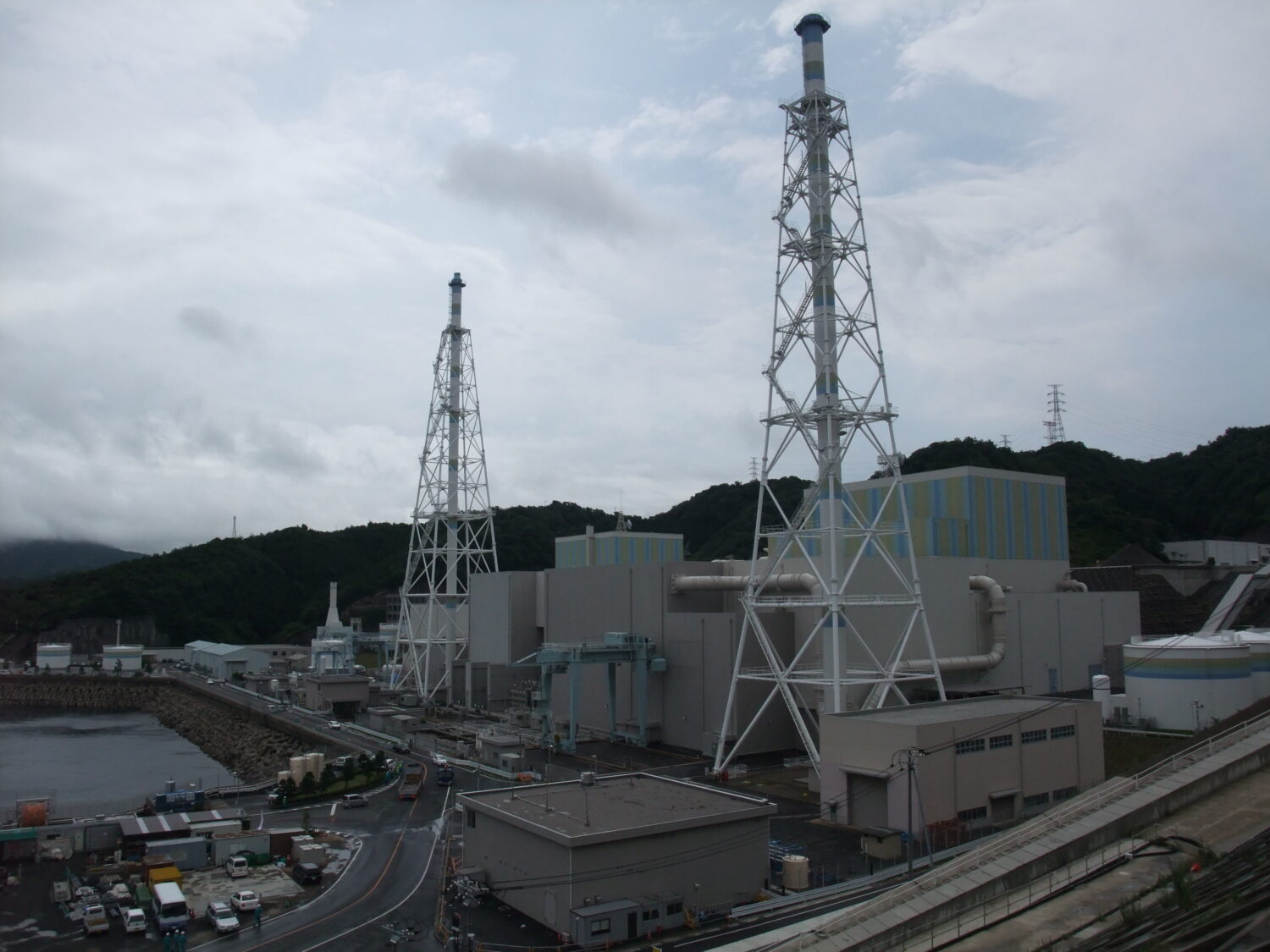

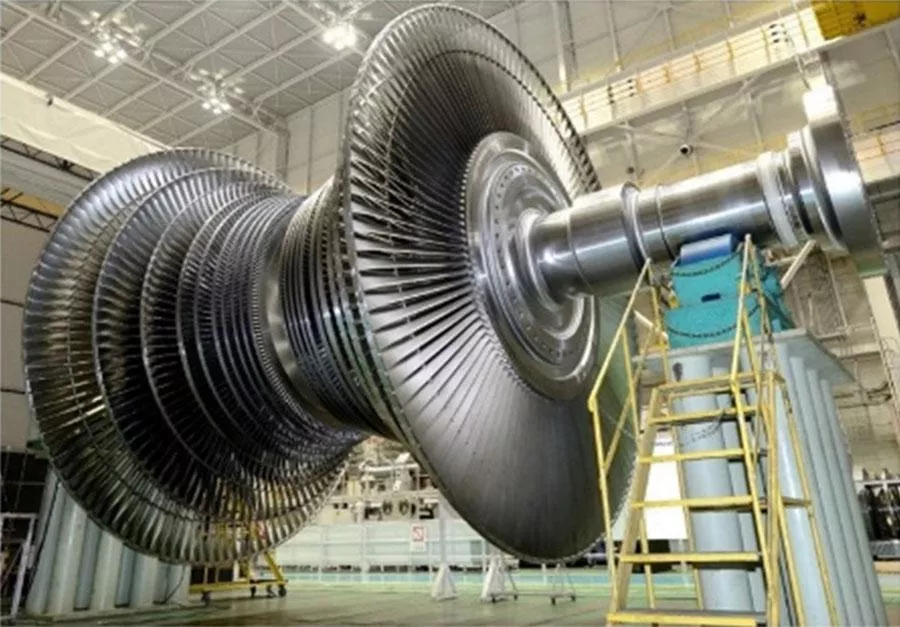

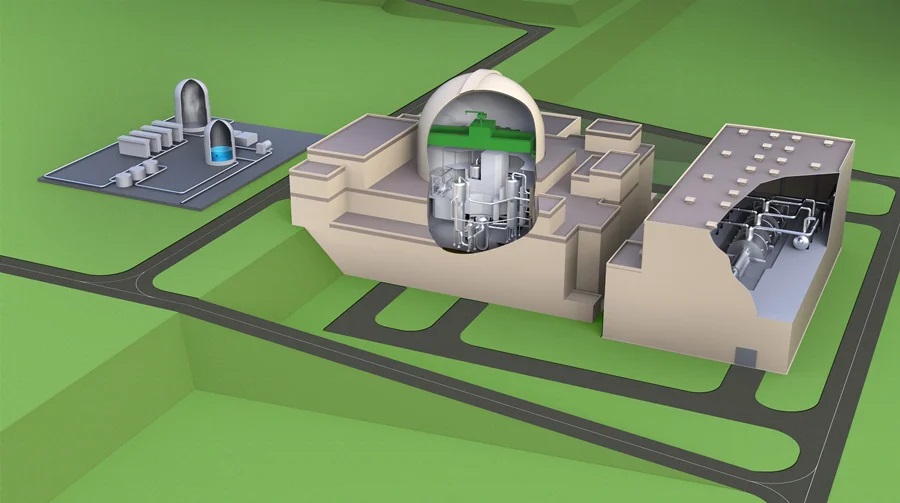
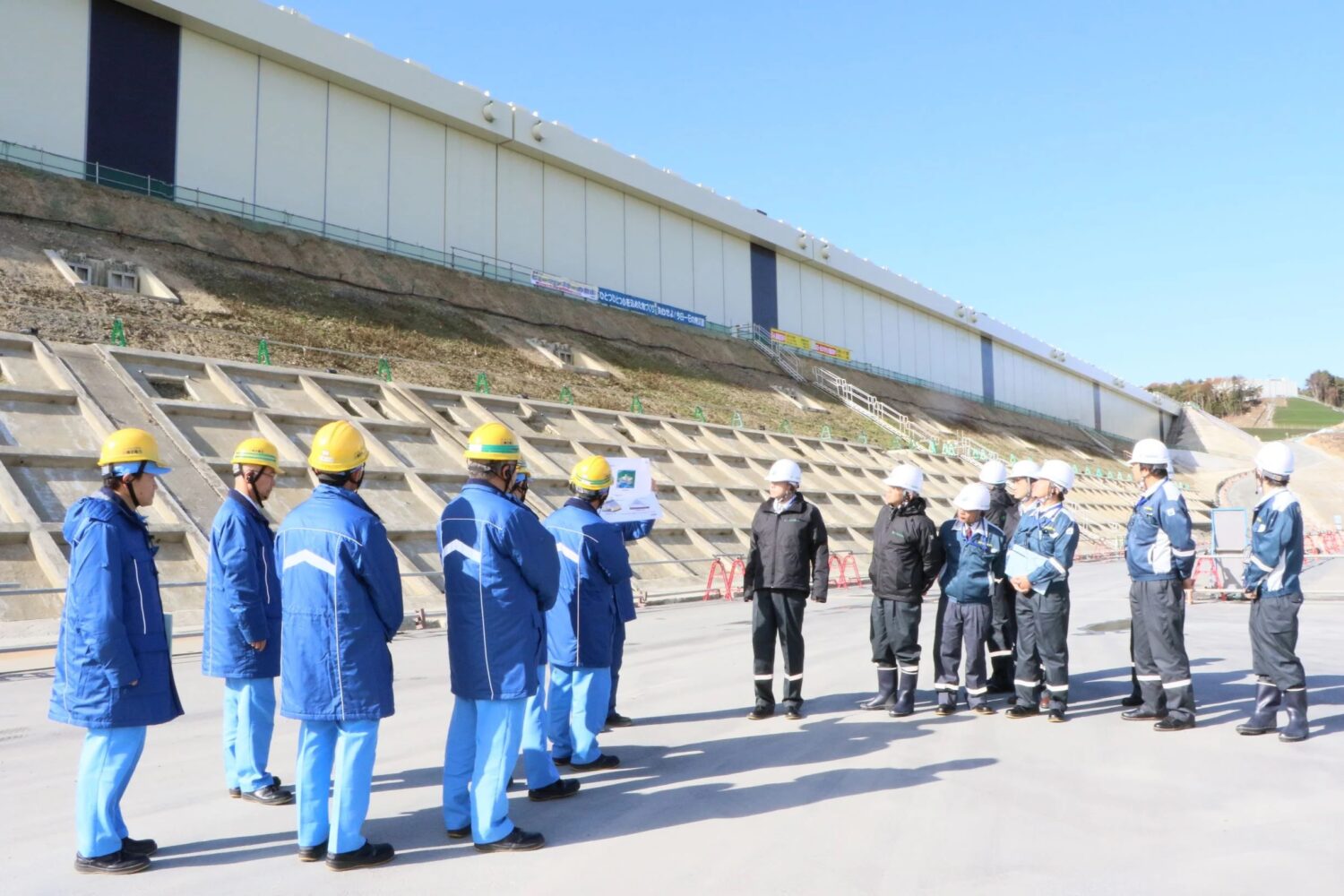
.jpg)




